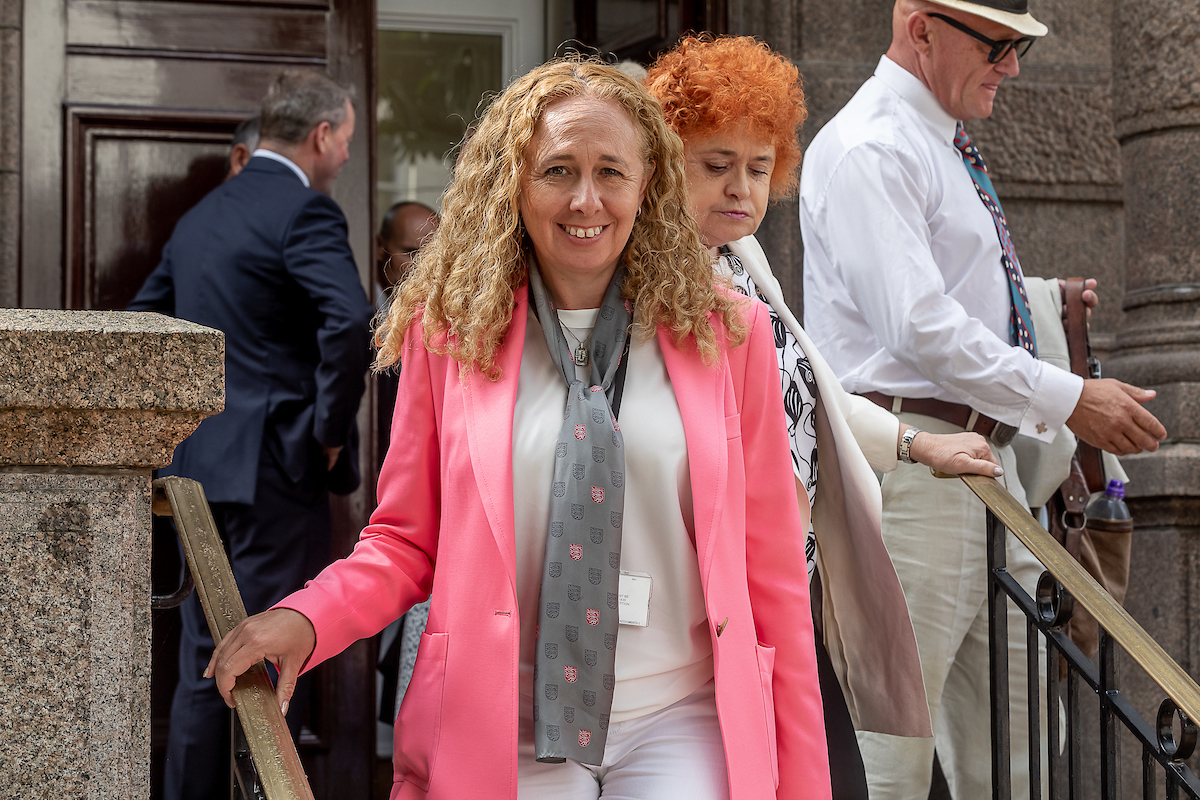


The Government has spent nearly £1m on secondary school supply teachers in the past two years amid significant struggles with recruitment and retention, new figures have revealed.
A request for information made under the Freedom of Information Law by Express showed that there were staff departures from non-independent schools in 20 out of 24 months.
In the 2021-22 academic year alone, more than 100 supply teachers had to be drafted in.
The extra help last year came at a cost of £525,014 – nearly £100,000 more than the previous year when 77 supply teachers were used.
The Government declined to provide an exact breakdown per school as requested, but instead took the "full cost to the education service and applied this to the school which the teacher spent the most time at during the academic year".
According to these figures, for the second academic year in a row, Le Rocquier had the greatest reliance on supply teachers, requiring the help of 20 across the year.
The total spend given was £191,156 for the school, compared to £113,208 the year before.
This was around £100,000 more than the cost attributed to the school with the second highest need for supply teachers, Les Quennevais.
Hautlieu used the most supply teachers throughout the year (23), however, the attributed cost was significantly less at just under £50,000.
The figures shine further light on the significant staffing challenges that have faced schools in recent years, which left 72 teaching roles needing to be filled at the beginning of this year, 33 of which were in secondary schools.
New Education Minister Deputy Inna Gardiner said last month that she expected many of the vacancies to be "filled by internal moves". She also said work was underway to improve the monitoring of recruitment in Education.
Despite the significant number of departures, just eight exit interviews were conducted to understand the reasons for these in the 2020-21 academic year, and 17 during 2021-22.
Two years ago, a Scrutiny report described the issue of teacher retention as having hit “crisis point” with teachers feeling "unsupported", "undervalued" and "disrespected".
Survey results from the Jersey branch of the National Education Union released in April suggested that little had changed. They found that as many as three in five teachers had considered leaving their jobs in the past year and wanted their working terms and conditions to be reexamined.
The average number of hours worked by full-time teachers was reported to be 53. For senior leaders, hours averaged 61. Fewer than half (43%) said they felt well paid for what they do.
The NEU said that current rates meant teachers are working "20% more than they are paid to do... eight weeks a year for free".

Pictured: New Education Minister, Deputy Inna Gardiner, said there was more work to be done on improving the monitoring of recruitment in Education.
Teachers also reported 20% higher anxiety levels than the general population, with three in five reporting feeling high or medium levels of anxiety during the past day.
They also said they felt they needed more support with challenging students' behaviour.
One month to go... and more than 70 staff to recruit
“Teachers are working eight weeks a year for free”
Comments
Comments on this story express the views of the commentator only, not Bailiwick Publishing. We are unable to guarantee the accuracy of any of those comments.